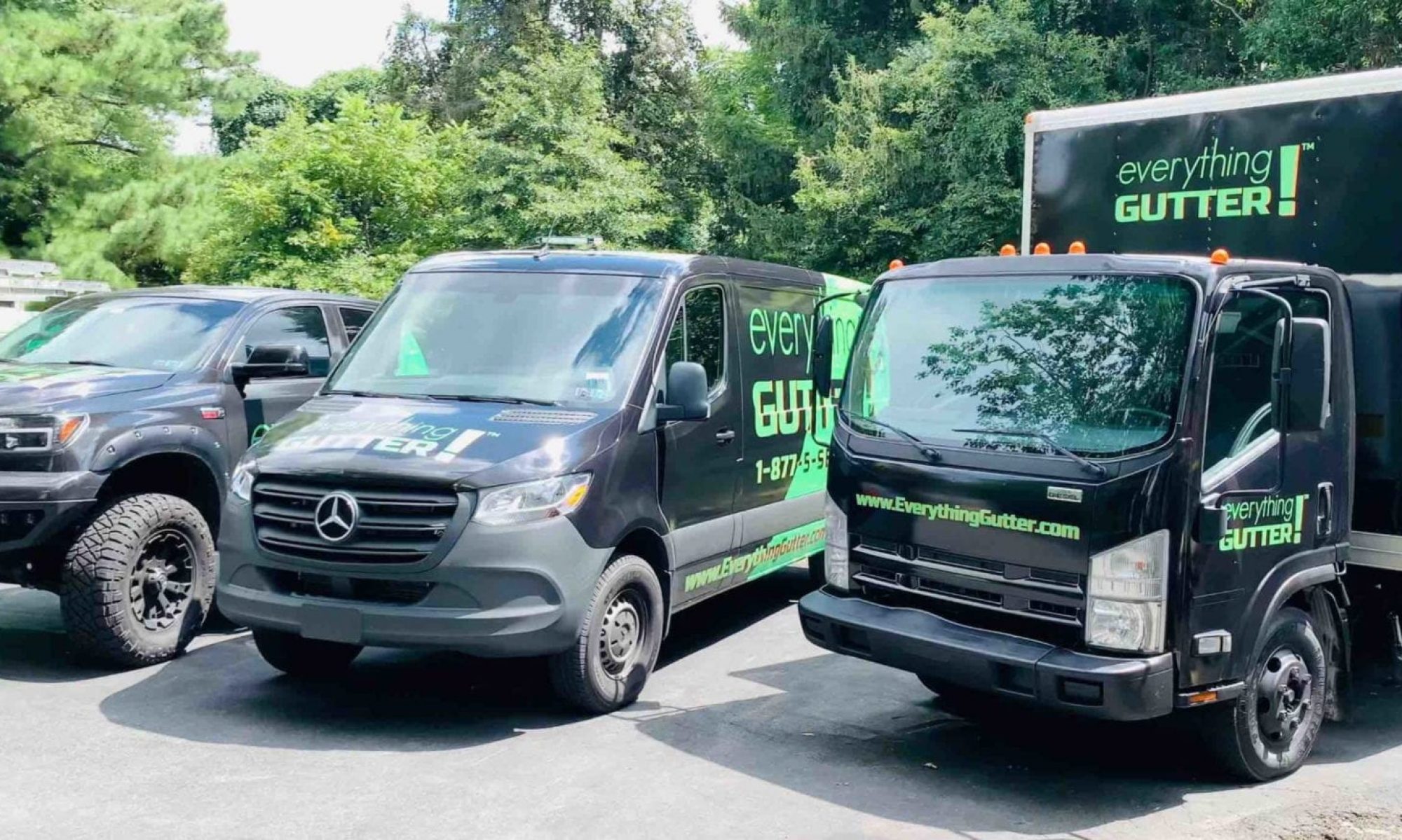Review on a gutter helmet, hood type gutter guard. There are several types out there currently on the market. Thinking of getting this type of gutter guard. Watch a REAL review on the product. This will help you to be informed to make the best decision possible!!!
DIY’er’s(Do It Yourself) Recommended Continue reading “Gutter Helmet, Gutter Hood type Gutter Guard Review”
Gutter Stains Gutters Damaged beyond repair
Is there a point when your gutters will need to be replaced, beyond repair?
Gutter Gard / Water Loov Type Gutter Guard Review
Review on Water Loov or Gutter Gard. There are several types out there currently on the market. Thinking of getting this type of gutter guard. Watch a REAL review on the product. This will help you to be informed to make the best decision possible!!!
DIY’er’s(Do It Yourself) Recommended Gutter Guard Continue reading “Gutter Gard / Water Loov Type Gutter Guard Review”
Gutter Helmet Guard Guard Review
Review on a hood type gutter guard. There are several types out there currently on the market. Thinking of getting this type of gutter guard. Watch a REAL review on the product. This will help you to be informed to make the best decision possible!!!
DIY’er’s(Do It Yourself) Recommended Gutter Guard Continue reading “Gutter Helmet Guard Guard Review”
Gutter Guard, Gutter Edge! Not sure, Be Informed watch NOW!
Thinking of getting a gutter guard maybe gutter edge or even a gutter cleaning. Not sure what to do just Continue reading “Gutter Guard, Gutter Edge! Not sure, Be Informed watch NOW!”
How to Remove Gutter Stains
Customer called wanted new gutters. His wife had told him he was not aloud to continue to stay in the Continue reading “How to Remove Gutter Stains”
See before and after stains removed from the gutters
Gutter Edge™ ULTIMATE Touchless Gutter Cleaner is a concentrated COMMERCIAL STRENGTH solution for cleaning exterior aluminum gutters. No other product on the market can clean those ugly stains off gutters better than Gutter Edge™ Gutter Cleaner! Spray on and Wipe off! It truly is THAT easy! Non-Toxic All Natural Ingredients Continue reading “See before and after stains removed from the gutters”
Home Depot Gutter Guard Results!
Home depot / Aluminum type gutter guard test results. Customer called gutters were clogged. See why!!!
Helmet, hood or solid type Gutter Guard Review Part 1
Review on a hood type gutter guard. There are several types out there currently on the market. Thinking of getting Continue reading “Helmet, hood or solid type Gutter Guard Review Part 1”
Gutter Guard, Gutter Edge! Not sure, Be Informed watch NOW!
Thinking of getting a gutter guard maybe gutter edge or even a gutter cleaning. Not sure what to do just looking at options. Watch this video!!! There is nothing like seeing an actual install for yourself.

